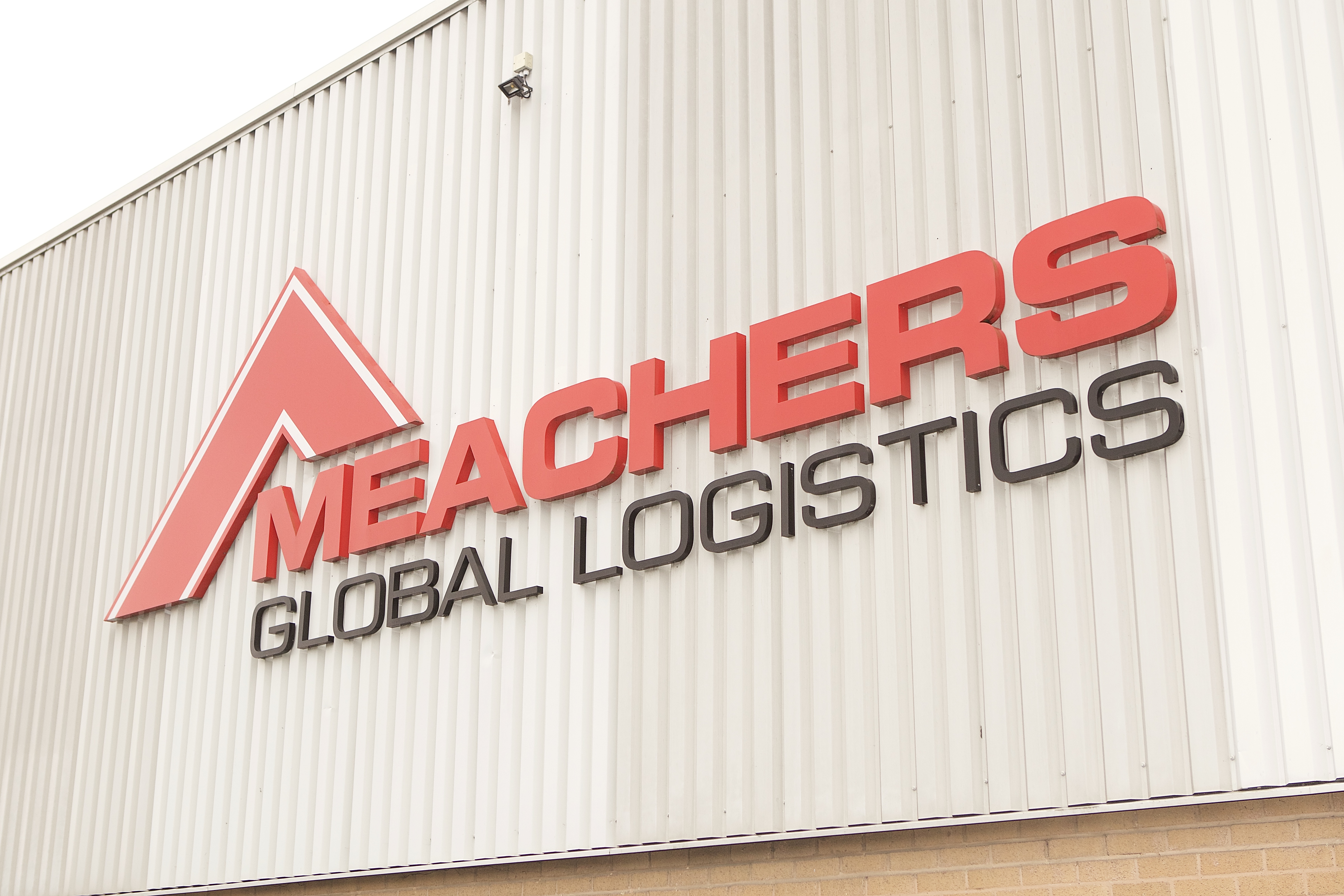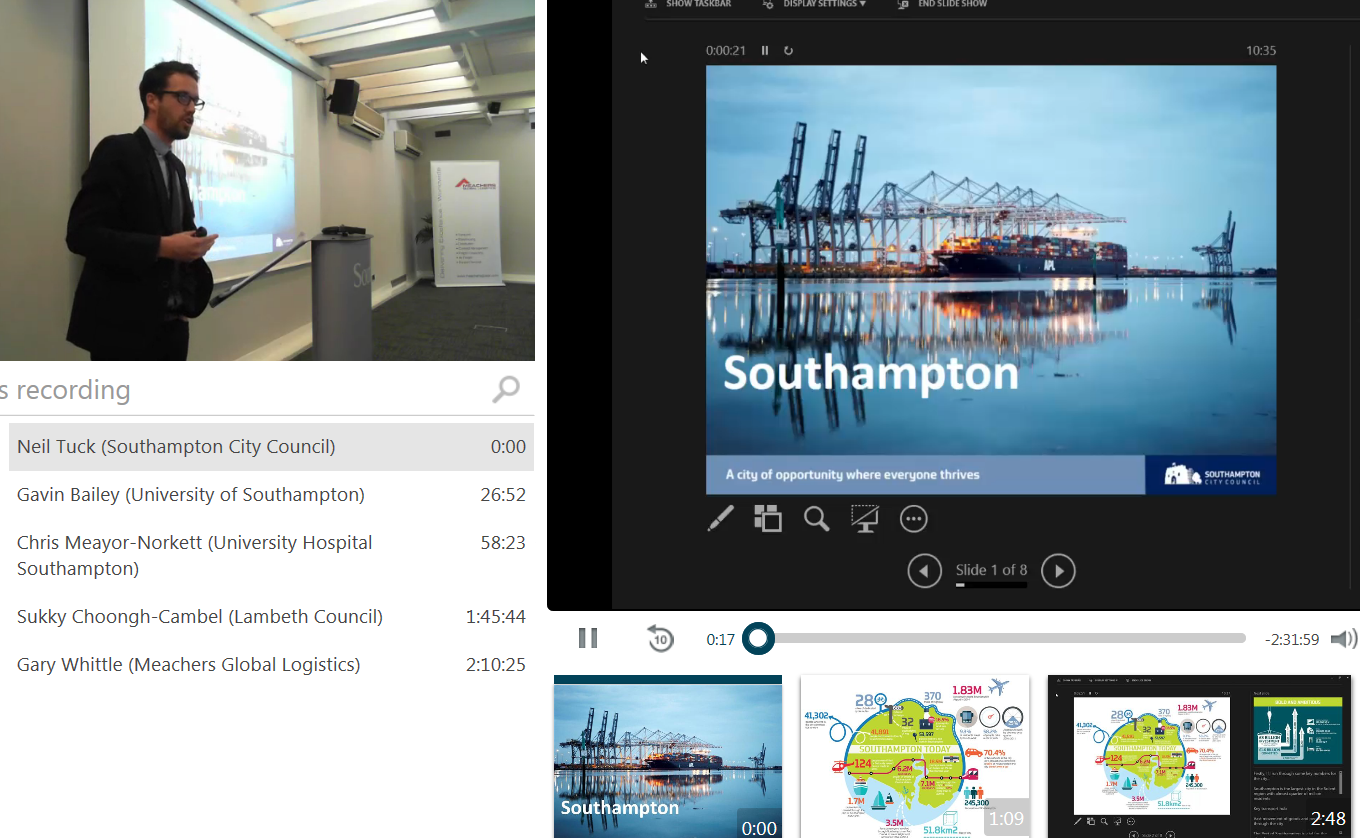
Project News
Consolidation Centres Can Improve Air Quality in Towns and Cities 17/7/18
Project formally ends (30/4/18)
Final conference reported in Newsletter #6 30/4/18
Transferability leaflet 30/4/18
Observatory brochure updated 19/4/18
Living lab handbook 18/4/18
Final conference, 23/24 April, Brussels
Oslo video 5/4/18
Poste Italiane video 27/3/18
Future Public Sector Logistics Consolidation 23/2/18
Mobility is a Serious Game! 23/1/18
Newsletter #5 issued 20/12/17
Brussels-Mobility freight video 18/12/17
Brussels-Capital SUMP award 18/12/17
Implementation posters 8/11/17
Citylab event in Rome 20/10/17
METRANS UF Conference presentations 17/10/17
Citylab at the Civitas Forum 27/9/17
Living lab updates 27/9/17
CiTTi conference article 13/10/17
Living lab animation 25/9/17
Instant deliveries presentation 30/8/17
Consolidation and EV presentation 22/6/17
Newsletter #4 issued 31/5/17
Freight observatory findings 17/5/17
Right on time! presentation 9/4/17
Freight in the City presentations 1/3/17
Implementation dashboards now live 28/2/17
European Review of Regional Logistics (including feature on Citylab) 20/12/16
Hosted by the University of Southampton and Meachers Global Logistics, the workshop attracted 51 people from industry, cities, research and the media. A webcast recording of the event is available (click image below)
Tom Cherrett (University of Southampton) introduced the Citylab project and the context of the freight consolidation initiatives taking place in Southampton. Link to presentation
Neil Tuck (Southampton City Council) described city policy objectives, particularly relating to air quality issues and the requirement for Southampton to introduce a Clean Air Zone by 2020 which will levy charges on diesel-fuelled lorries. These ambitions to improve air quality led to their instigation of the Southampton Sustainable Distribution Centre (SSDC), operated by Meachers Global Logistics and offering warehousing and consolidation services. Link to presentation
Gavin Bailey (University of Southampton) talked about the role that Delivery and Service Plans (DSPs) have in developing a case for consolidation, using Southampton General Hospital as an illustrative example, in which the DSP revealed freight movements about three times greater than perceived due to previous lack of available information. Link to presentation
Chris Meayers-Norkett (University Hospital Southampton NHS Foundation Trust) described the challenging hospital environment in which freight logistics takes place, competing for valuable space with core functions. Challenges include future plans for growth of the hospital, local infrastructure and increasing congestion and impact on the local environment and residents. As Supply Chain Manager, he saw distinct advantages in consolidation through the SSDC, including alleviation of pressure on internal storage and goods receipt, reduction in goods vehicles on site, improved patient experience and reduction in waste on site. To date, the hospital had used the SSDC for temporary storage and transportation of drugs dispensing cabinets and was planning for greater use associated with pharmacy goods. Link to presentation
Sam Clarke (Gnewt Cargo) talked about the day-to-day challenges they face operating a consolidation and last-mile delivery service, using electric vehicles, for TNT and other parcel carriers in central London. With a fleet size of around 100 electric vans they claim to be the world’s largest all-electric commercial vehicle fleet operator. The initiative between TNT and Gnewt Cargo forms the basis of the Citylab London implementation Link to presentation London workshop report
Sukky Choongh-Campbell (Lambeth Council, London) introduced London borough council aims to reduce numbers of delivery vehicles and to identify priority areas where consolidation can be introduced in a cost-effective way. She mentioned the seeming disconnection between personal behaviour and wider issues where individuals think it is the council’s responsibility to solve congestion and air quality problems and not their own. Her recommendations for municipal organisation procurement teams included: consideration of deliveries in all contracts; use of local suppliers; use of ultra-low emitting vehicles; and transparent pricing structures. Link to presentation
Gary Whittle (Meachers Global Logistics) explained the practical realities, both positive and negative, of operating the SSDC. Added benefits of their operating model were stated as: a financially sustainable variable cost operation from an existing service provider using existing facilities (i.e. not a dedicated consolidation centre); inclusion of large municipal organisations enabled a critical mass to be formed (sufficient goods volume); consideration of a wider geographical area, not limited to Southampton; establishing links with the retail sector; storage options; and their excellent location, outside the anticipated Clean Air Zone. Gary’s talk was followed by a visit to their premises to see consolidation operations in action. Link to presentation


Article appearing in local newspaper
